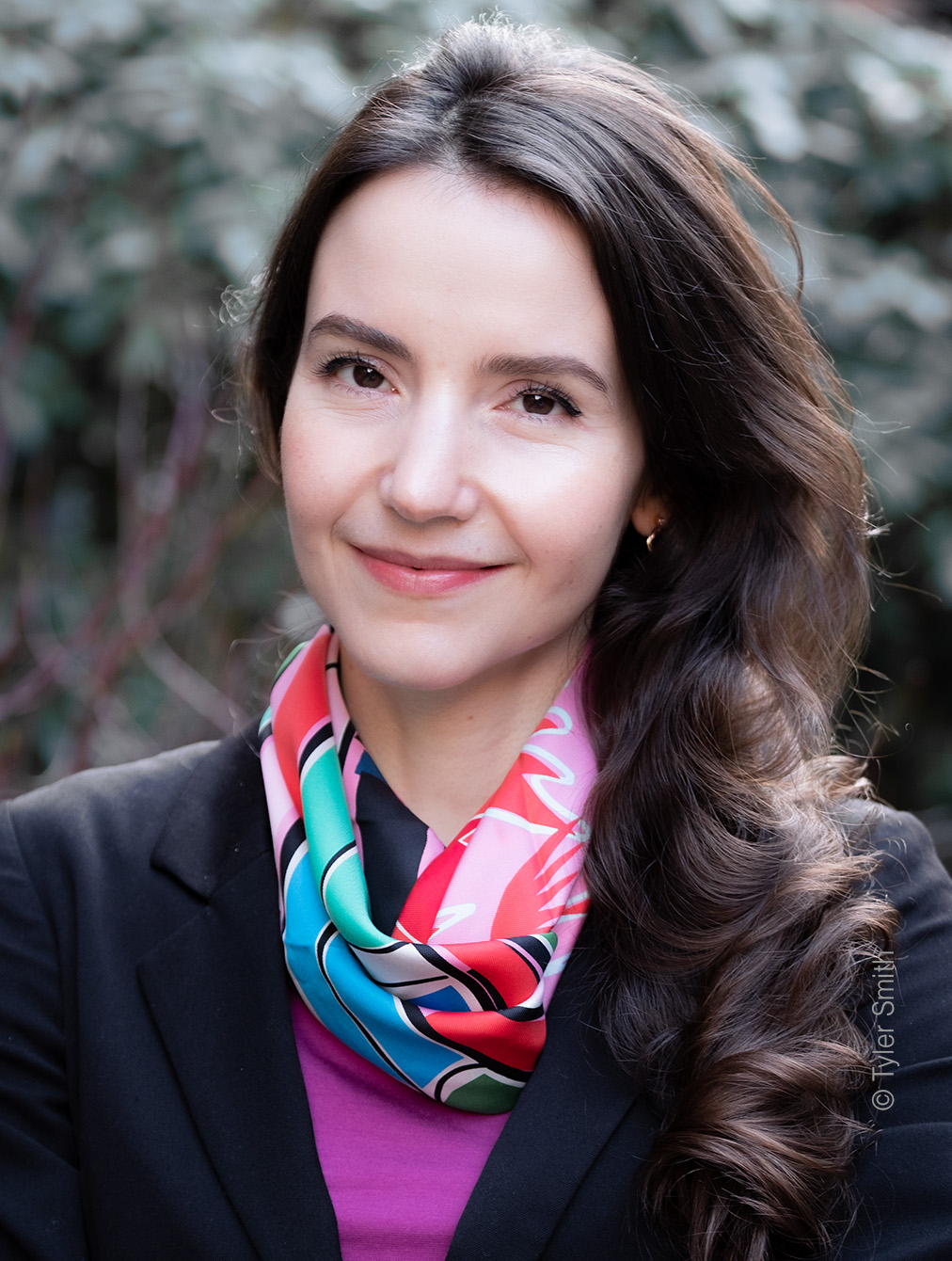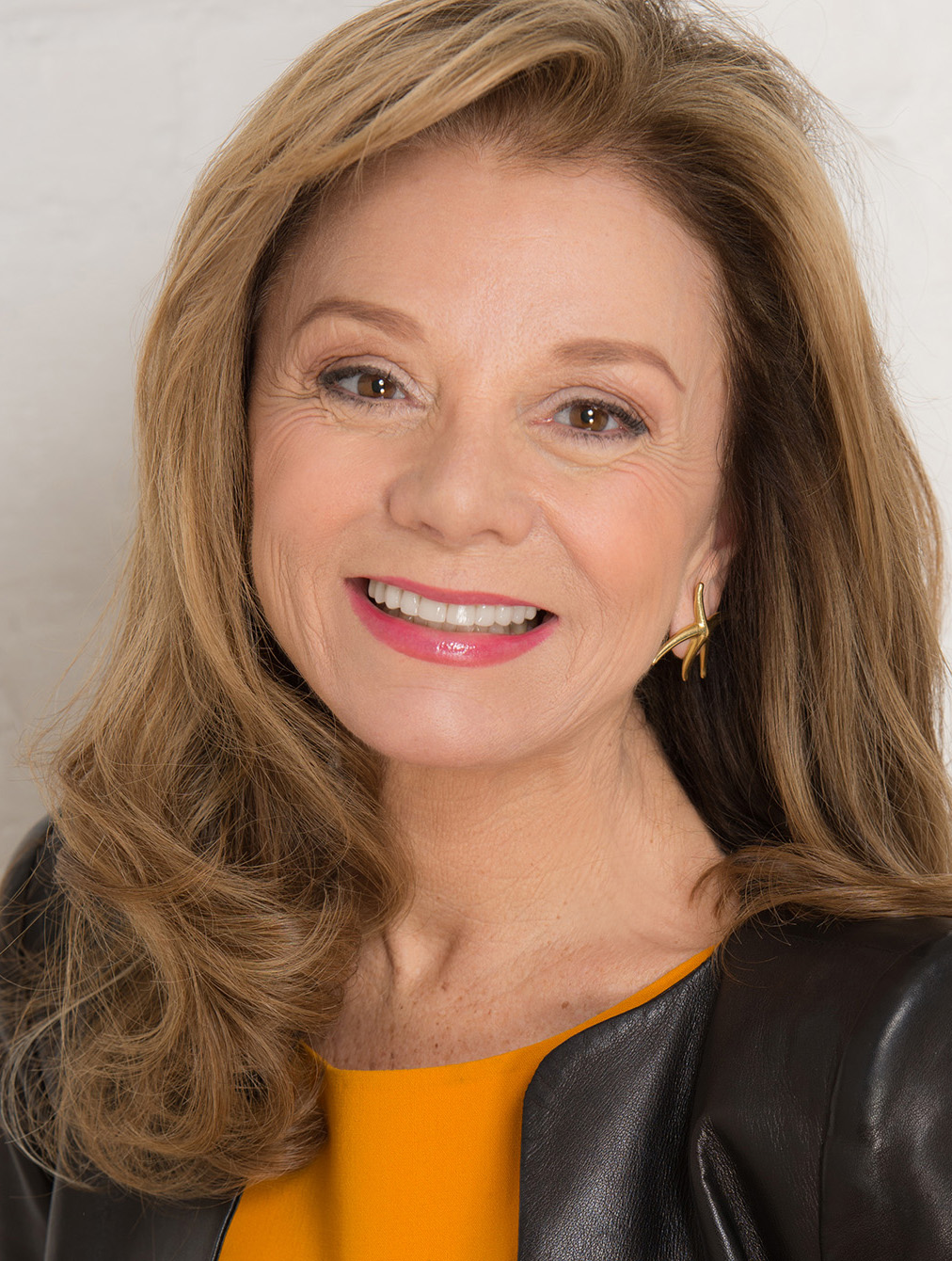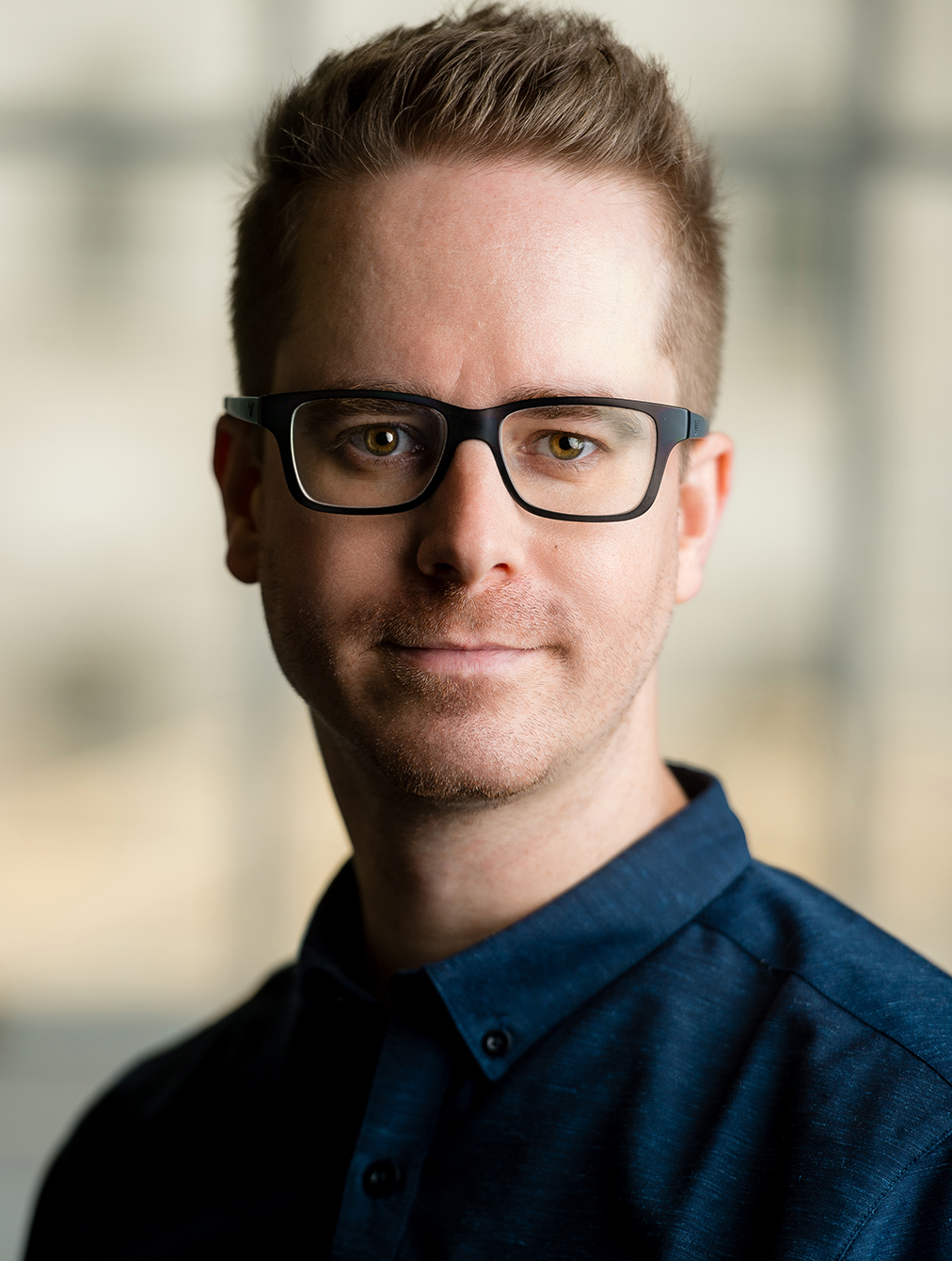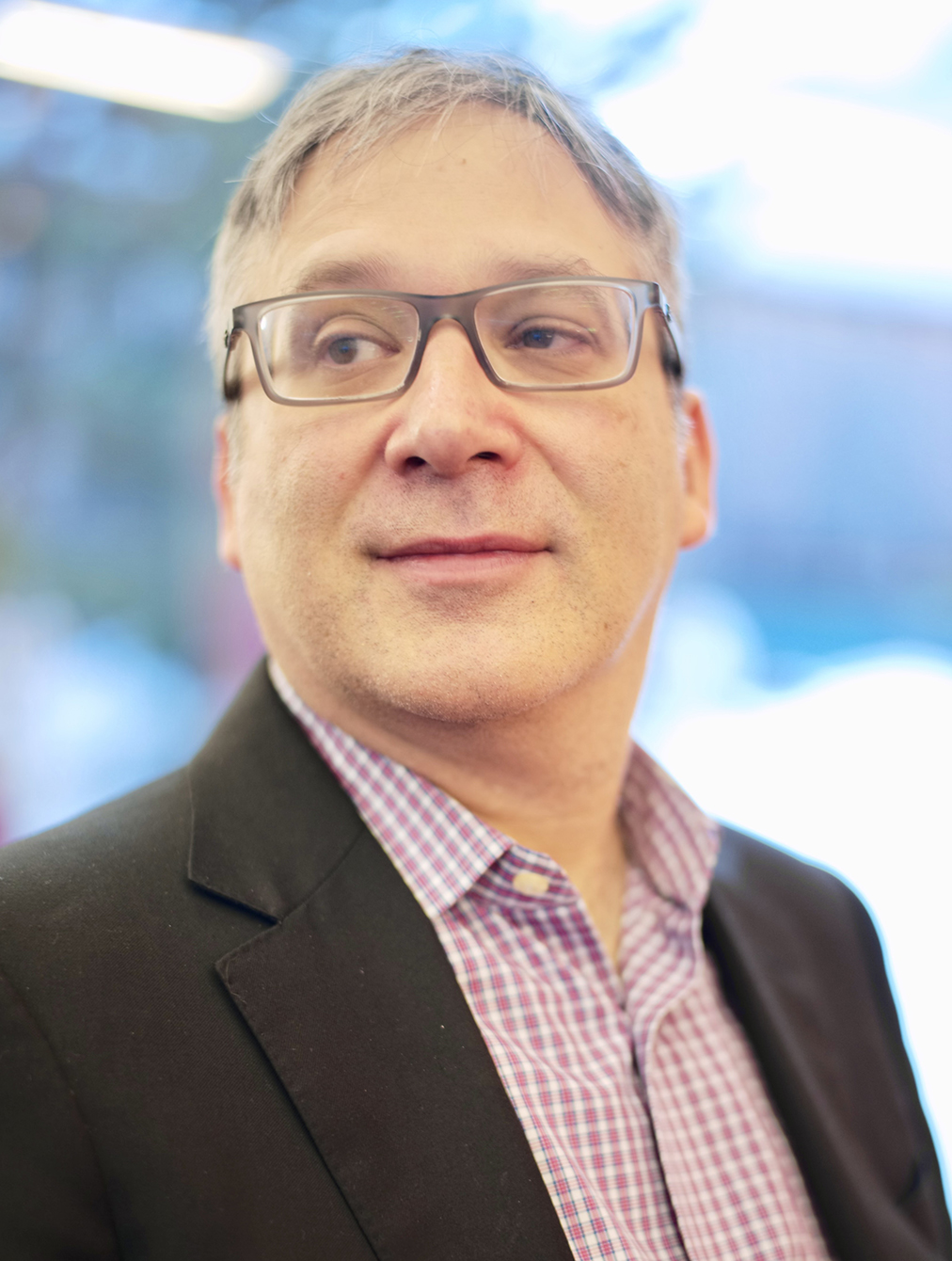
Scott E. Page
John Seely Brown Distinguished University Professor of Complexity, Social Science, and Management | Williamson Family Professor of Business Administration, Ross School of Business, University of Michigan-Ann Arbor | External Faculty, Santa Fe Institute
Scott E Page’s research focuses on the function of diversity in complex social systems, the potential for collective intelligence, and the design of institutions for a complex world.
A recipient of a Guggenheim Fellowship, a fellowship at the Center for Advanced Studies in the Behavioral Sciences at Stanford, Scott was elected tothe National Academy of Sciences in 2025 and a fellow of the American Academy of Arts and Sciences in 2011, and in 2019, he was awarded a Distinguished University Professorship from the University of Michigan.
He is the author of more than ninety research papers in a variety of fields including: game theory, economics, political theory, formal political science, sociology, psychology, philosophy, physics, public health, geography, computer science, and management. Scott is an editor of the Collective Intelligence journal.
His fifth book, The Model Thinker (2018), has been an Amazon Best Seller in more than ten categories and is being translated into five languages. His previous books include, the Axios award winning, The Diversity Bonus,(2017) with Princeton University Press and the Mellon Foundation, The Difference: How the Power of Diversity Creates Better Groups, Firms,Schools, and Societies (2008) and was re-released by Princeton Press Classic in 2025, and Complex Adaptive Social Systems(2009).
Scott has also filmed two video series for The Great Courses and his online course Model Thinking has attracted over a million participants. A frequent public speaker, Scott has presented to the CIA, NASA, Bloomberg, Google, Boeing, the IMF, Genentech, Gilead, and AT Kearney. Scott has also been a featured speaker at The New York Times New Work Summit, Google Re:Work, The World Economic Forum — Davos, and The Aspen Ideas Festival. Scott has consulted with the Federal Reserve System, the White House office of Personnel, Yahoo! Ford, DARPA, Procter and Gamble, BlackRock, and AB InBev.
A native of Yankee Springs Michigan, Scott holds a BA in mathematics from The University of Michigan, and MA from The University of Wisconsin, and an MS and PhD in managerial economics and decision sciences from the Kellogg School at Northwestern University.
Topics
Videos
Books
Articles
Podcasts
This speaker does not have any podcasts yet.
Testimonials
Request Availability
Download Bio
Talent Development
Diversity
Leadership
Future of Work
Artificial Intelligence
Related speakers
No related speakers.

























